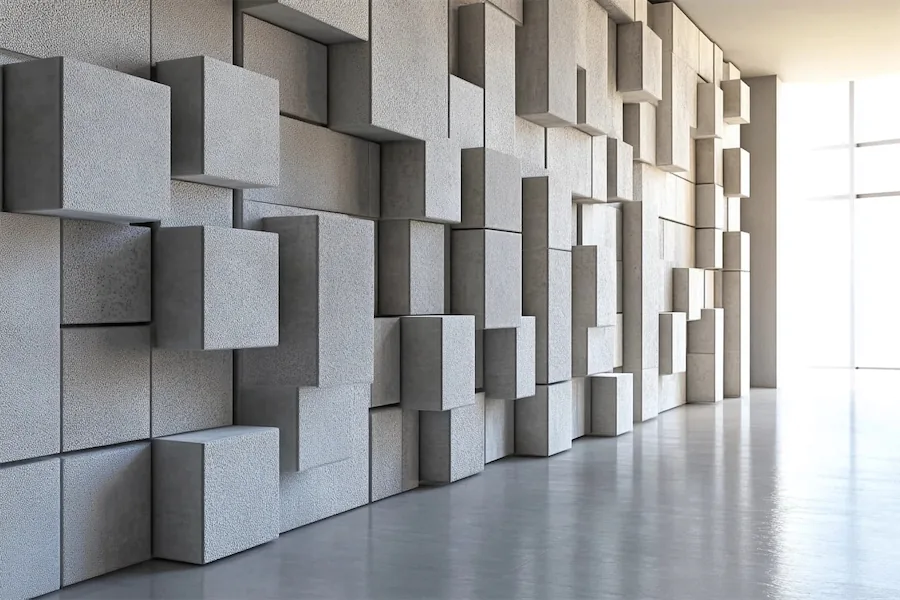Modular walls are prefabricated, adaptable partitions designed to efficiently create or divide spaces. Comprising lightweight modules or parts that fit together to form a solid wall, they offer a versatile and cost-effective solution for various settings.
Introduction to Modular Walls
Modular walls are produced in factory settings where precise measurements and quality controls are maintained. These panels can include various components, such as insulation, electrical wiring, and window or door openings, tailored to the specific requirements of a project. Once fabricated, the panels are delivered to the construction site and assembled, expediting the building process compared to traditional on-site framing methods.
History and Origins of Modular Walls
The concept of modular construction has been present since the 19th century, with prefabricated houses transported to accommodate population movements, such as during the California Gold Rush. The approach gained further prominence in the mid-20th century, especially during periods of high housing demand post-World War II. Advancements in manufacturing technologies and materials have since refined modular construction techniques, making them a viable option for a wide range of building types, including residential, commercial, and industrial structures.
Key Features of Modular Walls
- Flexibility: Modular walls can be easily reconfigured, relocated, or expanded to accommodate changing space requirements, providing a dynamic solution for evolving needs.
- Cost Efficiency: Choosing modular walls over traditional construction can lower costs significantly. They require less labor and materials, and the reduction in waste contributes to a greener building process.
- Quick and Easy Installation: Modular walls can be installed quickly. Unlike traditional construction, which can take months, you can set up a modular wall in a matter of days. There’s no need to endure the usual construction noises and disruptions.
Applications of Modular Walls
- Office Partition Walls: Modular walls are ideal for creating office partitions, allowing businesses to adapt their workspace layout as needed without significant construction work.
- Exterior Modular Walls: These walls can serve as external barriers or enclosures, providing privacy and security while maintaining aesthetic appeal.
- Specialized Applications: Modular walls are used in various specialized settings, including cleanrooms, laboratories, and controlled environments, where specific requirements must be met.
Considerations When Choosing Modular Walls
- Design Flexibility: While modular walls offer many advantages, they may impose certain limitations on design modifications once production has commenced. Early and thorough planning is essential.
- Transportation and Assembly: Logistics for transporting large panels to the site and the availability of skilled labor for assembly should be considered to ensure a smooth construction process.
- Initial Costs: Although long-term savings are achievable, the upfront investment for modular components can be higher. A cost-benefit analysis is recommended to determine overall project feasibility.
Conclusion
Modular walls represent a modern approach to construction, combining efficiency, quality, and sustainability. By shifting significant portions of the building process to controlled factory environments, this method addresses many challenges associated with traditional construction, paving the way for innovative and expedited building solutions.
